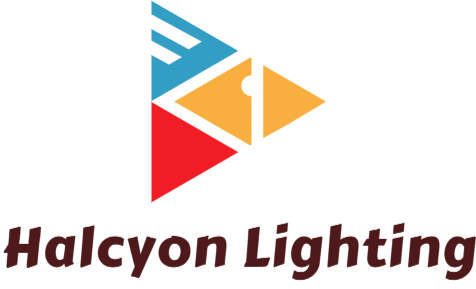Light cluster technology is an innovative approach to lighting that is gaining popularity among businesses and individuals alike. Rather than relying on a single, powerful light source, light cluster technology distributes lighting throughout a space using multiple smaller light sources. This technology offers many benefits over traditional lighting solutions, from increased energy efficiency to superior light quality. In this article, we will explore the many benefits of light cluster technology and dive into its various applications.
The Advantages of Light Cluster Technology
Energy Efficiency
One of the most significant advantages of light cluster technology is its energy efficiency. By spreading light across multiple smaller sources, light cluster technology can significantly reduce energy consumption compared to traditional lighting setups. This can lead to substantial cost savings for businesses and homeowners alike. Additionally, many light cluster setups allow for dimming or zoning of individual lights, further increasing energy savings.
Superior Light Quality
Another advantage of light cluster technology is its superior light quality. By using multiple light sources, light cluster setups can provide more even and balanced lighting throughout a space, reducing glare and shadow. Additionally, many light cluster setups allow for color tuning, meaning that the color temperature of the light can be adjusted to better match the task or mood at hand. This can lead to more comfortable and pleasant lighting environments.
Increased Flexibility
Light cluster technology also provides increased flexibility in terms of lighting design. Since light is distributed across multiple sources, light clusters can be arranged in a variety of configurations to create different lighting effects or highlight specific areas. Additionally, many light cluster systems can be easily installed and adjusted, allowing for quick and efficient changes to lighting designs.
Applications of Light Cluster Technology
Commercial Applications
Light cluster technology is well-suited to a variety of commercial settings, from offices to retail spaces. In these environments, light clusters can be used to create more even lighting throughout the space, reducing shadows and glare. Additionally, many light cluster setups offer color tuning capabilities, allowing businesses to create different lighting effects or adjust lighting to complement branding.
Residential Applications
Light cluster technology is also well-suited to residential settings, particularly for larger homes or those with high ceilings. Light clusters can be used to create more even lighting in large rooms or hallways, reducing the need for multiple light fixtures. Additionally, light clusters can be used to highlight specific areas, such as artwork or architectural features.
Outdoor Applications
Light cluster technology also has applications in outdoor settings. Light clusters can be used to illuminate pathways or highlight landscaping features, creating a more welcoming and attractive outdoor environment. Additionally, light clusters can be used for security purposes, providing more even and consistent lighting coverage than traditional security lighting setups.
